Contemporary Political Developments
Coalition Government
In initial years, the congress party gained overwhelming majority & remained in power both at the centre as well as in the states from 1947 to 1967. However, emergence of strong regional parties, politicization of various social groups & their struggle for share in power characterized political transition in contemporary India & made coalition government inevitable at the Federal level.
- During the 4th general elections to the Lok Sabha and state assemblies, after the demise of Nehru, & Shastri, Congress Party exhausted its mandate & motivation as a party of social & institutional change.
- People were unhappy with corruption and lavish lifestyle of party members.
- Due to the rapid erosion of party discipline, confidence was built up in the anti-congress wave during 1967 elections.
- An important feature of the 1967 elections was the coming together of the opposition parties.
- 1967 elections initiated the dual era of short lived coalition governments and politics of defection.
- Coalition governments were formed in all opposition ruled states except Tamil Nadu.
- Congress too formed coalition governments in some of the states.
- In Haryana defection phenomenon was first initiated, & during 1967 to 1970 nearly 800 assembly members crossed the floor.
- The 1967 elections also dramatically changed the balance of power within the Congress Party – powerful group of the party received major blow as several stalwarts lost the elections.
1977 Elections – First Non Congress Government
Morarji Desai, headed four party Janata Government for about two years (1977–79). Technically, it was not a coalition because its four constituents had agreed to merge and fought the elections on a single manifesto and on a share symbol.
- Due to the aspiration of power and position the Janata Coalition collapsed like a house of cards in 1979.
- Other reasons for the collapse were defection; Akali & other regional groups withdrew their support.
- Struggle for power within the coalition led to the conflicts, confrontation and mudslinging at each other.
- After the collapse of Janata Government, India had another coalition government headed by Charan Singh. But this gov. too remained for a very short time.
- Later for almost a decade India had a stable one party government at the centre under Congress’s leadership.
- People were unhappy with earlier two coalition governments.
Era of Constant Coalition Government
- After a decade old stable government by the congress, there was a return of coalition politics.
- Elections in 1989 led to the defeat of the Congress Party but did not result in majority for any other party.
- This defeat of 1989 of the Congress Party marked the end of Congress dominance over the India Party System. Hence an era of multi-party system began.
- The nineties also saw the emergence of powerful parties and movements that represented the Dalit and backward castes.
- This new evolution in multi-party system meant that no single party secured a clear majority of seats in any Lok Sabha elections held since 1989 until BJP got majority in 2014.
Merits of Coalition Government
- Represent aspirations of people from every region and constituency.
- Check authoritarianism and concentration of power prevalent during 1960’s and 1970’s during one party dominance of Congress
- When two or more parties come together and gain executive powers, they find themselves in a better position to serve diverse interests.
- With the national parties forging coalition with the regional parties, it has now become easier for the Indian states to find an individual space in the national agenda.
- Collaboration forms a common understanding of the contemporary political situation & thus parties often compromise on their radical approach and orthodox ideology.
- It is expected that a new political alliance will refrain from repeating the mistakes committed by the past political parties.
- When diverse political entities forge a union, there is a higher chance of them succeeding, since they concentrate on solutions and garner voters’ support.
- Less chances of arbitrary use of article 356 to dismiss the opposition party in power at the state level due to interdependence on state parties.
Demerits of Political Alliances
- Each member of the coalition suffers from the sense of insecurity.
- Even a slight digression from the common agenda or misjudging a partner’s sentiment can cause a great damage to the union.
- If a single party withdraws support and walks out of the alliance, the entire unit faces the threat of becoming irrelevant.
- In political alliances, every party has certain constraints, which often force them to ignore their partners’ anti-democratic activities.
- They deliberately try not to criticize their partners because if the latter severe ties, the alliance would become null and void.
- Regional parties give more importance to their own regional, geographical and economic interest overriding national interest.
Alliance between the national and regional parties in India has often affected the relations between Center and the States. While regional partners give emphasis to their respective state’s problems and puts pressure on the coalition government to give greater attention, the coalition government is under every obligation to pay equal attention to every other state in the country.
Growth of factionalism on the basis of region and caste is a by-product of coalition politics. This creates fissures within the alliance and also damages the fabric of communal harmony.

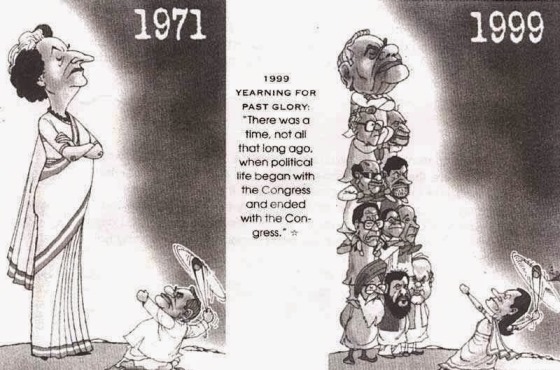
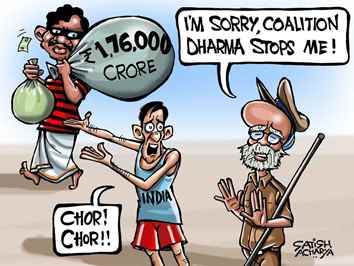
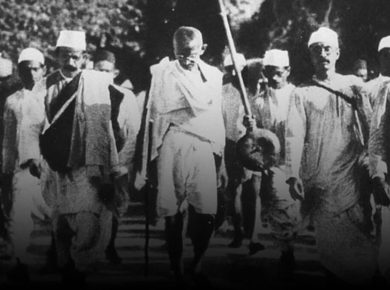
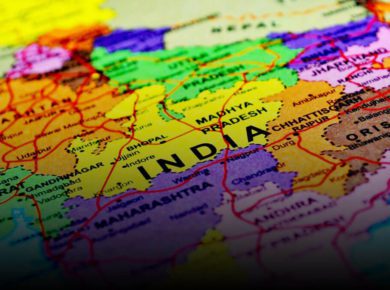

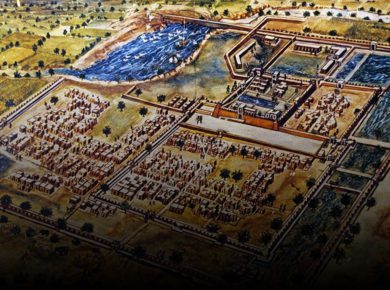
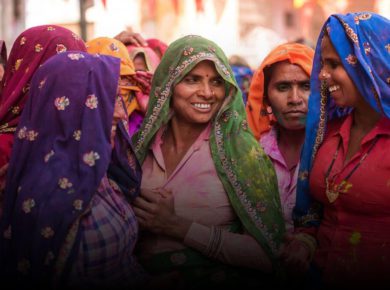
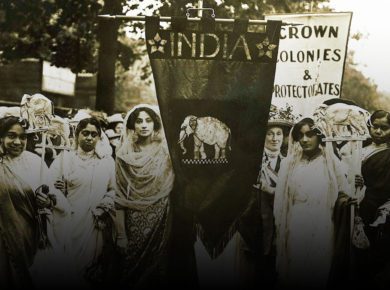



2 comments
Nice article and useful information shared thanks.
Is post independence section completed sir ?